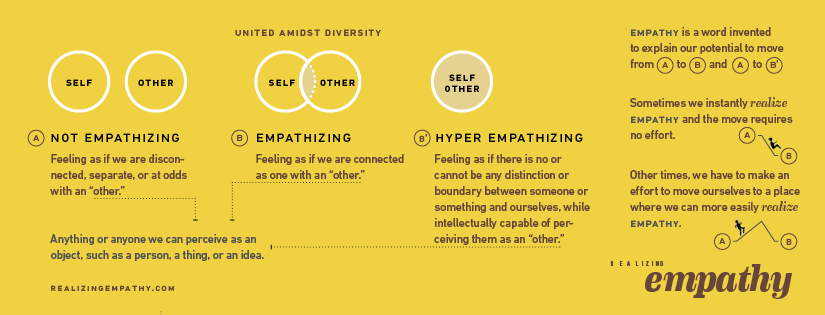Click here to listen on Spotify
In our second episode of the season, we host Luke Segars, Co-Founder and CTO of Subsalt.
Having experienced both the positive and the negative impact of culture, Luke wants to ensure that the company he leads becomes an example of the former. In this episode, we explore his inquiry into building such a culture from scratch.
